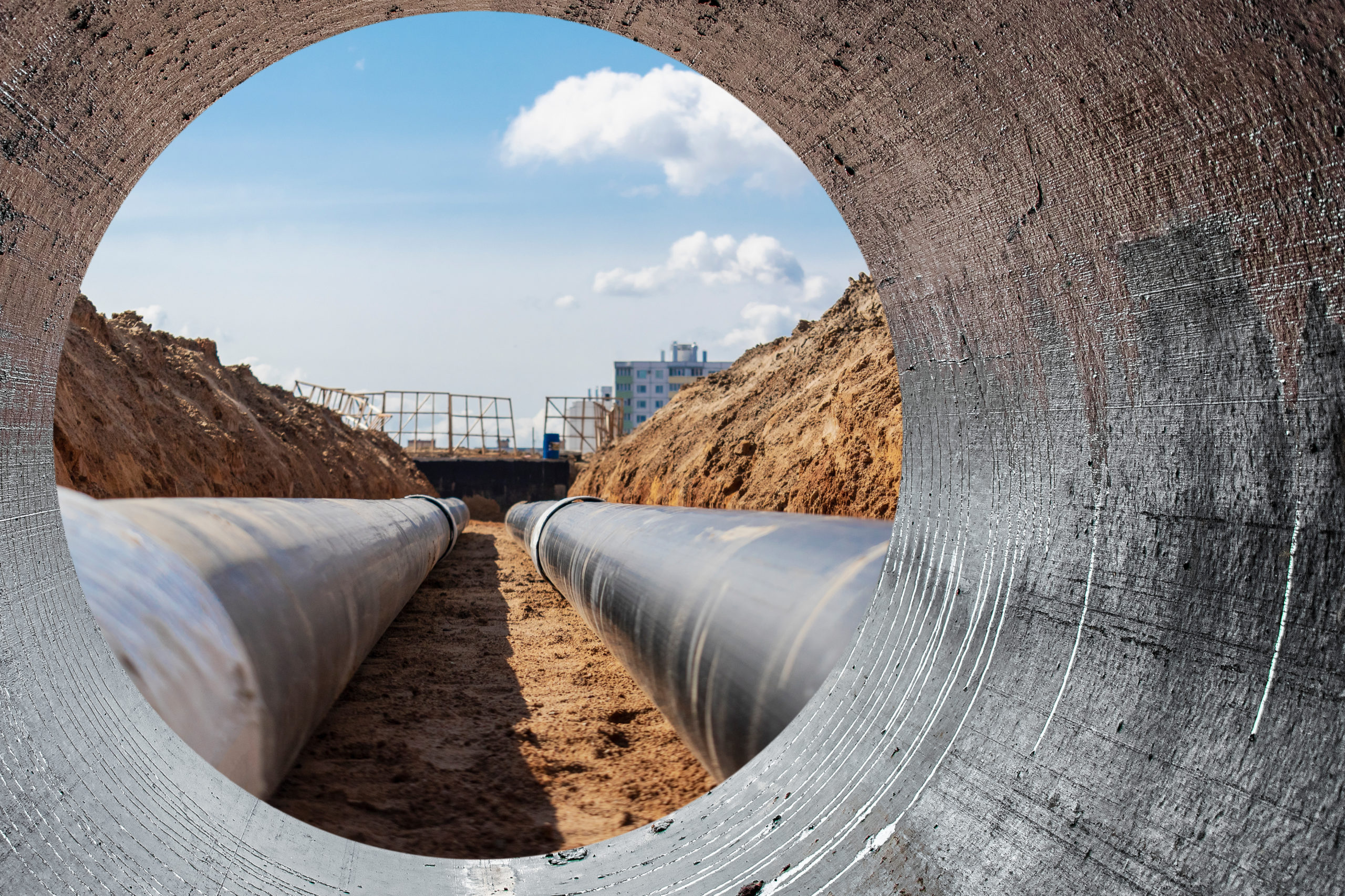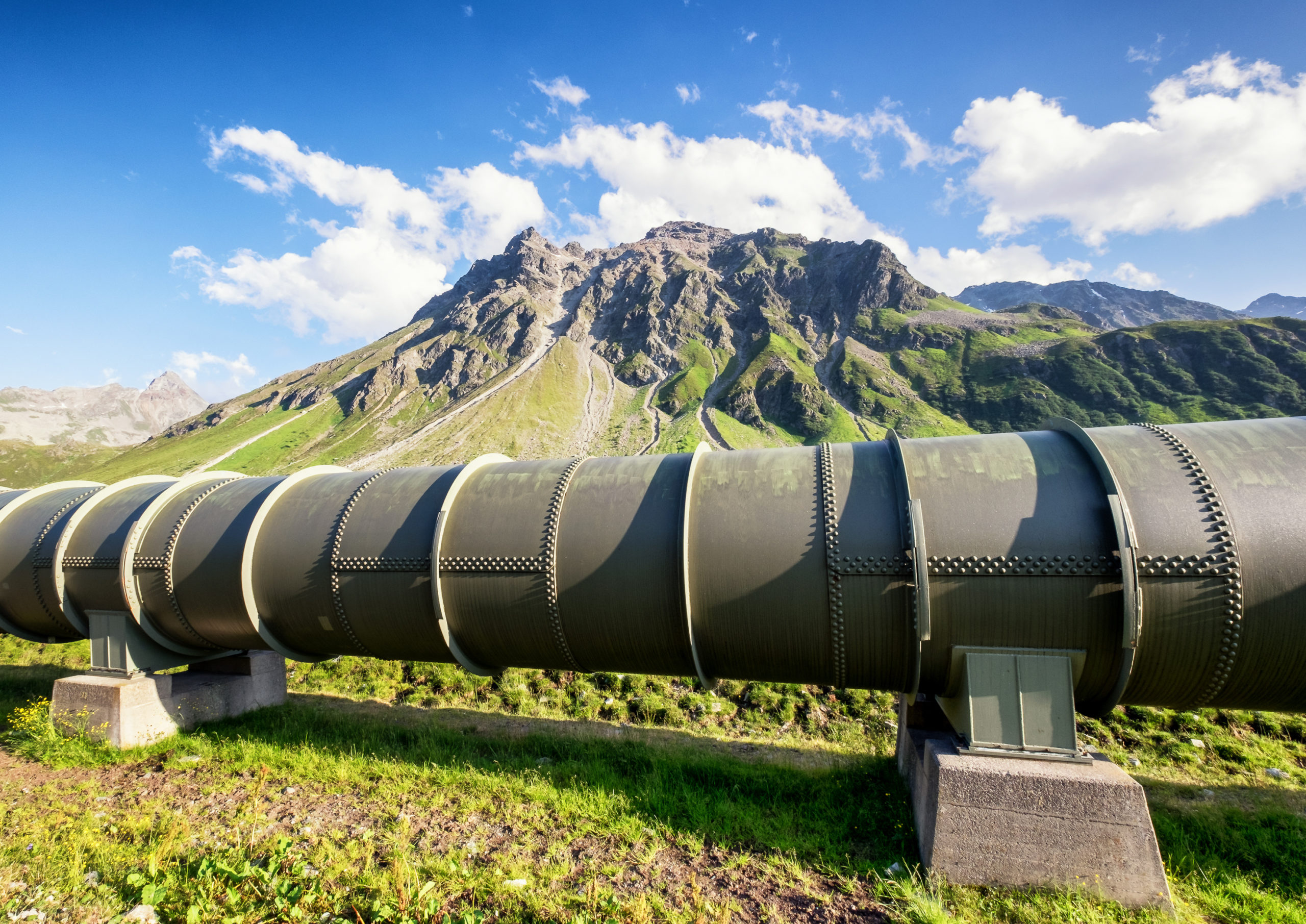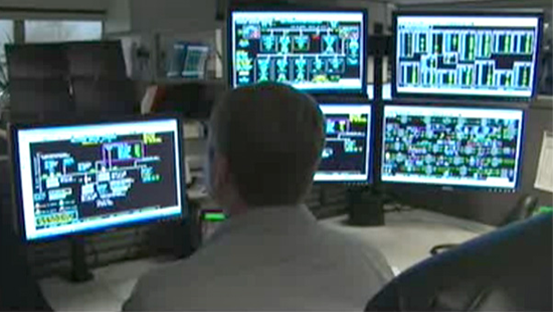As part of its Low Carbon Resources Initiative, the Electric Power Research Institute (EPRI) and GTI Energy recently conducted a modeling exercise to determine which energy technologies and infrastructure will be needed to reach economy-wide net-zero emissions by 2050 under different scenarios. Not to our surprise, the report asserted that under all scenarios, natural gas and its infrastructure will be essential to achieving decarbonization goals.
The study modeled three hypothetical net-zero scenarios: All Options, Higher Fuel Costs, and Limited Options. The All Options scenario assumes that all clean energy technologies, including carbon capture, will be readily available for commercial use before 2050. Higher Fuel Costs also assumes technological availability, but with increased fossil fuel costs. Limited Options views a scenario where carbon capture is not available.
Regardless of the scenario, the report found that pipelines will be needed to provide reliability and reductions in greenhouse gas emissions if net-zero is to be achieved:
“Natural gas infrastructure plays a crucial role in all scenarios in providing firm capacity for a transitioning power sector and delivering low-carbon fuel to industry and buildings, particularly in colder climates.”
The report goes on to state that even if more alternative energy sources emerge, available pipeline capacity will ensure that clean-burning natural gas can be supplied during peak demand periods, thus discontinuing the need to turn to higher-emitting sources such as oil and coal:
“Even with lower volumes of delivered gas, pipeline capacity requirements remain to serve peak demands. Evolution of business models to support investment in the maintenance and modernization of gas infrastructure will enable continued reliable delivery of gas for peak energy needs, as well as the expanded use of low-carbon fuels.”
Furthermore, while natural gas continues to play a strong role in all scenarios, in the All Options scenario, peak consumption of natural gas in the United States will enable the country to meet its ambitious emissions goals while eliminating excess costs:
“Annual U.S. natural gas consumption could remain at levels similar to today, even in a net-zero energy future.”
The report asserts that the All Options scenario will lead to the least expensive energy transition due to the flexibility and reliability of having multiple different energy sources available but in order for this scenario to play out, natural gas costs must remain low. That’s why activist calls to impede the construction of natural gas infrastructure and increase development costs in the name of climate action are incredibly contradictory, as the likeliness of achieving net-zero by 2050 primarily hinges on the cost of the transition.
EPRI’s report confirms what we have known for decades: natural gas and its related infrastructure are necessary to achieving a low-carbon economy. Efforts to impede the use and construction of natural gas will only threaten energy reliability and security, raise energy costs and risk meeting our nation’s, and the world’s, climate goals and ambitions.







